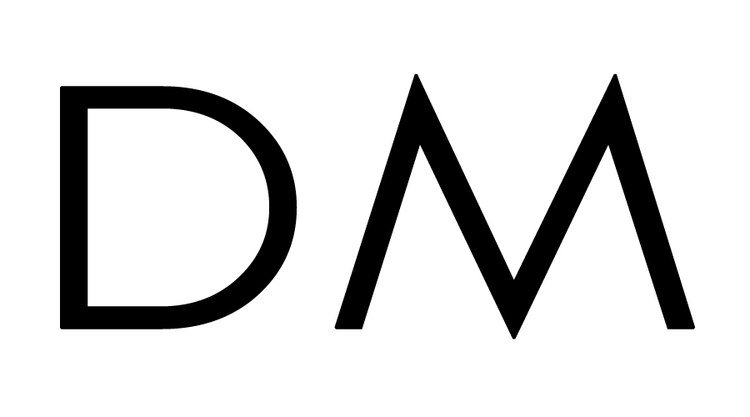Modern Monetary Theory (MMT or Modern Money Theory), also known as neochartalism, is an economic theory that details the procedures and consequences of using government-issued tokens as the unit of money, i.e., fiat money. According to modern monetary theory, "monetarily sovereign government is the monopoly supplier of its currency and can issue currency of any denomination in physical or non-physical forms. As such the government has an unlimited capacity to pay for the things it wishes to purchase and to fulfill promised future payments, and has an unlimited ability to provide funds to the other sectors. Thus, insolvency and bankruptcy of this government is not possible. It can always pay".[1]
MMT aims to describe and analyze modern economies in which the national currency is fiat money, established and created by the government. In sovereign financial systems, banks can create money but these horizontal transactions do not increase net financial assets as assets are offset by liabilities. “The balance sheet of the government does not include any domestic monetary instrument on its asset side; it owns no money. All monetary instruments issued by the government are on its liability side and are created and destroyed with spending and taxing/bond offerings, respectively.” [1] In addition to deficit spending, valuation effects e.g. growth in stock price can increase net financial assets. In MMT, vertical money (see below) enters circulation through government spending.Taxation and its legal tender power to discharge debt establish the fiat money as currency, giving it value by creating demand for it in the form of a private tax obligation that must be met. In addition, fines, fees and licenses create demand for the currency. This can be a currency issued by the government, or a foreign currency such as the euro.[2][3] An ongoing tax obligation, in concert with private confidence and acceptance of the currency, maintains its value. Because the government can issue its own currency at will, MMT maintains that the level of taxation relative to government spending (the government's deficit spending orbudget surplus) is in reality a policy tool that regulates inflation and unemployment, and not a means of funding the government's activities per se. (quot. https://en.wikipedia.org/wiki/Modern_Monetary_Theory)
Client: MMT Italy
